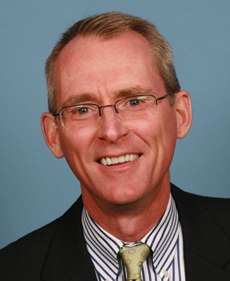A Quote by Bob Inglis
So when you're dealing with an existential threat like death or like climate change, if you see it as 'we are all toast anyway,' then denial is a pretty good way of coping.
Related Quotes
And so it's no surprise that people who object to the death penalty on pure moral grounds also think it has no deterrent effect, and people who like the death penalty on grounds of retribution tend to think it has deterrent effects. They like that, and they believe that. I think with climate change we're seeing very much the same thing where those who deny climate change, they don't like that, and they don't believe it.
At first when I heard about climate change, I was a climate denier. I didn't think it was happening. Because if there really was an existential crisis like that, that would threaten our civilisation, we wouldn't be focusing on anything else. That would be our first priority. So I didn't understand how that added up.
































